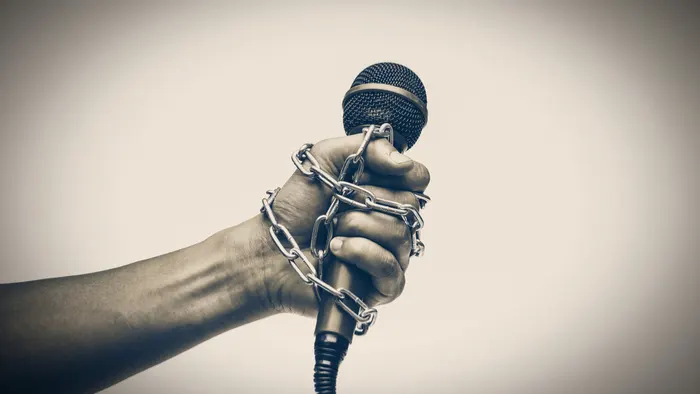Ershad Mahmud Islamabad
The recent arrest of Kashmiri journalist Irfan Mehraj has sparked widespread concern about the state of press freedom and journalist safety in Indian-held Jammu and Kashmir.
Mehraj is the third journalist to be arrested under ‘terrorism’ charges by the National Investigation Agency (NIA) in recent years. The NIA has accused Mehraj of working closely with the human rights organization ‘Jammu Kashmir Coalition of Civil Society’ (JKCCS), whose director Khurram Parvez has been imprisoned on similar charges since No-vember 2021.
The JKCCS has done extensive work document-ing human rights violations in Occupied Kashmir and has exposed state repression through well-researched reports. Its work has inspired young, educated scholars and journalists like Mehraj to speak the truth to power and report on the Kashmir conflict both locally and internationally. Mehraj’s journalistic work regularly appears in leading media outlets such as ‘The Indian Express’, ‘Al Jazeera’, ‘Himal Southasian’, ‘DW’, and ‘TRT World’, earning him a reputation as a hardworking and courageous journalist.
Mehraj’s arrest and Parvez’s imprisonment are being viewed by Amnesty International and ten other leading human rights organizations as politically motivated and fabricated charges, and they have called for their immediate and unconditional release. Various UN bodies and renowned international figures, including Noam Chomsky, have also called for Parvez’s release.
Press freedom has always been challenging in Indian-occupied Kashmir, but the region has wit-nessed a range of human rights abuses, including unprecedented restrictions on freedom of speech and the press since August 2019 when the Indian government revoked the special status of Jammu and Kashmir and bifurcated the state into two union territories, Jammu and Kashmir, and Ladakh. Since then, journalists in the region face numerous chal-lenges, including threats, physical attacks and har-assment.
The Unlawful Activities Prevention Act (UAPA) is a controversial law used against journalists in Jammu and Kashmir. The UAPA allows the gov-ernment to designate individuals as terrorists and detain them without trial. It is widely believe that journalists, including Fahad Shah, Aasif Sultan, and Sajad Gul, have been detained and rearrested on false charges.
The fear of being detained has silenced most journalists, preventing them from exposing the au-thorities’ wrongdoings or reporting on state repres-sion. It is reported that over 49 cases have been registered against journalists since 2016. At least 35 journalists have faced police interrogation, raids, threats, physical assault, restrictions on freedom of movement, or fabricated criminal cases for their reporting since August 2019.
Indian authorities employ various intimidation tactics to silence journalists, including malicious investigations, random raids by the NIA and other government agencies, and restrictions on freedom of movement. For instance, raids had also been carried out at the offices of the newspaper ‘Kashmir Times’, and the residence of ‘Agency France-Press’ Kashmir correspondent Parvez Bukhari. In June 2018, journalist Shujaat Bukhari was assassinated by unknown gunmen in Srinagar. Bukhari was the editor of the ‘Rising Kashmir’ newspaper and had been a vocal advocate for peace in the region.
Anuradha Bhasin, the executive editor of ‘The Kashmir Times’, has written in the ‘New York Times’ that Indian Prime Minister Modi’s repressive media policies are destroying Kashmiri journalism, intimidating media outlets into serving as government mouthpieces and creating an information vacuum in a region of about 13 million people.
Nearly 400 print publications are registered in IHK, in addition to regional television networks and internet-based news channels. None of them is per-mitted to cover the activities of pro-freedom parties such as the All Parties Hurriyat Conference (APHC), and hardly any newspaper reports on the gross human rights violations committed by Indian security forces in Kashmir.
The criminalization of legitimate journalistic work in Kashmir is alarming and requires international scrutiny. International bodies must not turn a blind eye towards Kashmir as their silence carries a heavy cost, and the ripple effects should not be underestimated.










